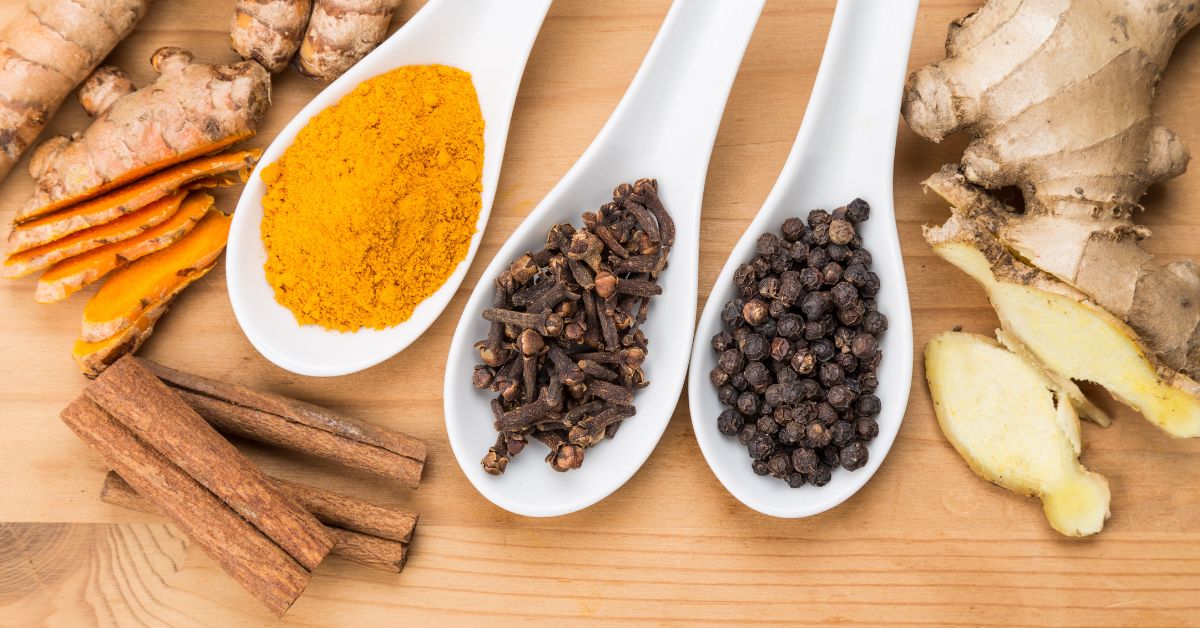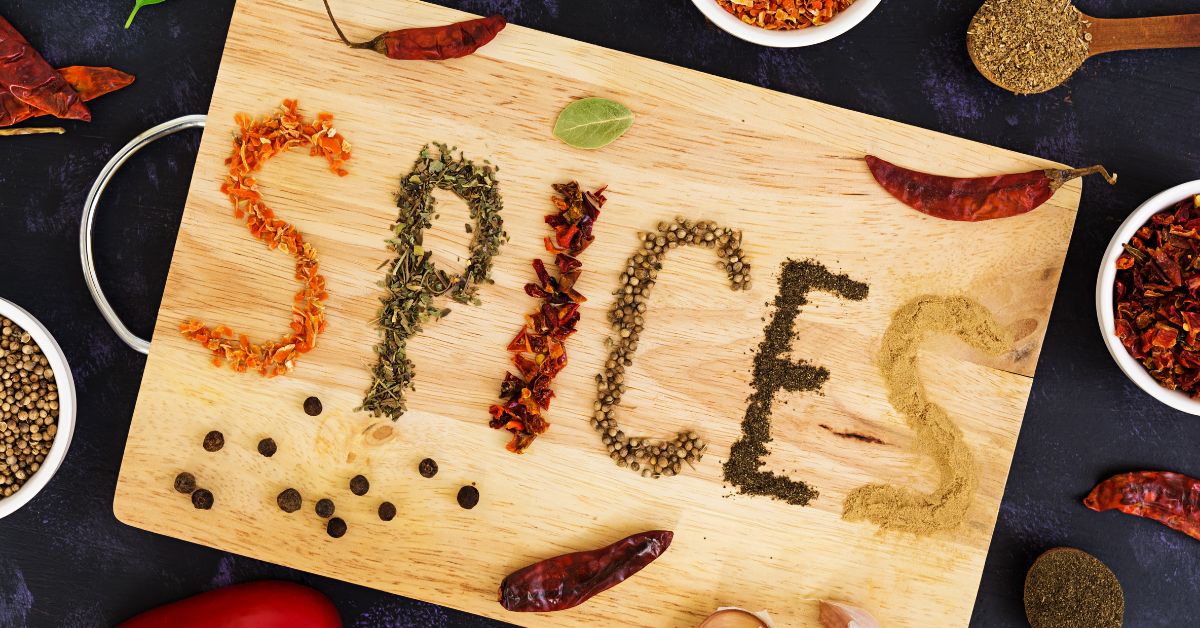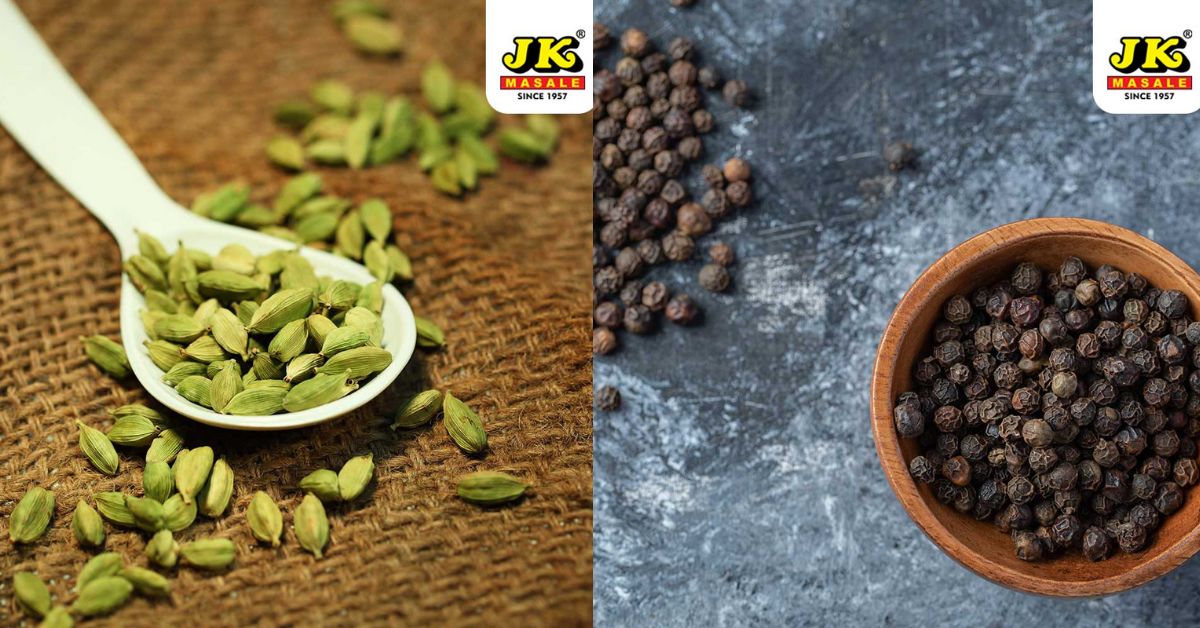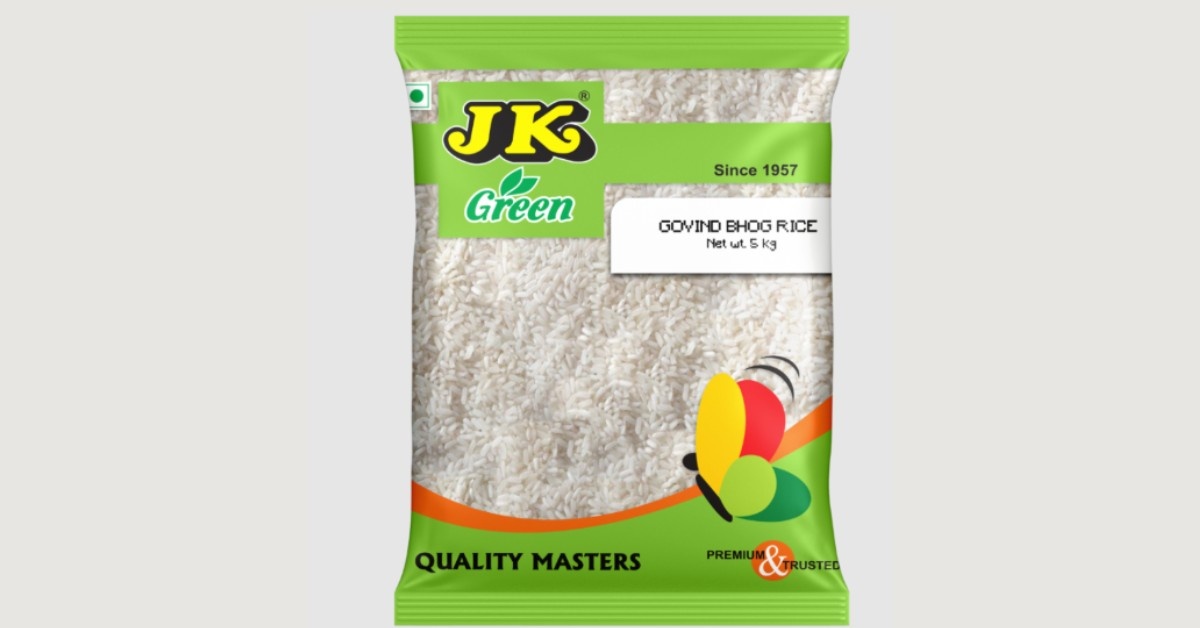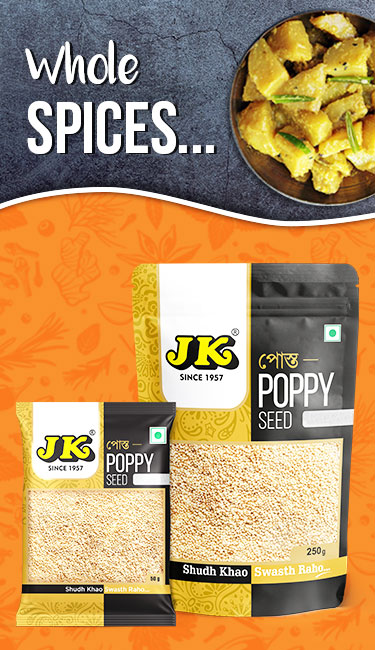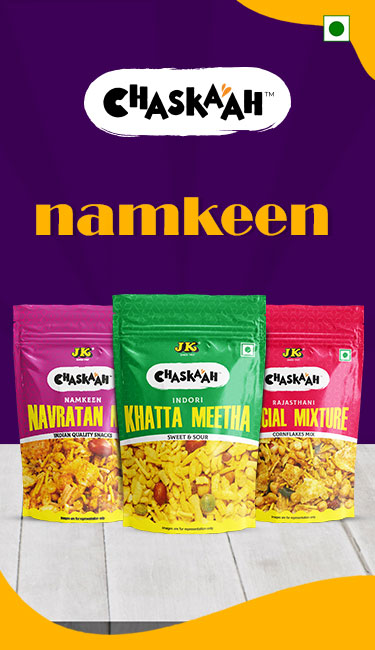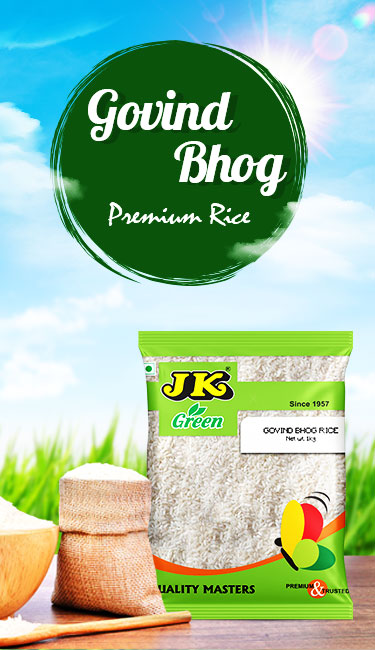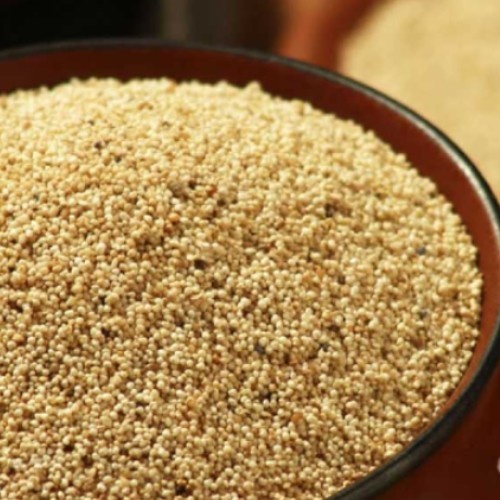
Can you imagine a Bengali home where there is no usage of poppy seeds or posto in the meals? Definitely not, and here is why posto plays a pivotal role in Bengali homes. Whether it's a special Sunday lunch or an ordinary one, dishes made with posto or poppy seeds have their special place. Alu posto or posto bora, or other authentic Bengali posto recipes have reigned in the mind of every Bengali out there. Although it's a humble ingredient, its presence adds a different kind of magic to any Bengali meal. If you are from Bengal or have been residing here for a long time, you will likely consider posto recipes as your comfort food. Willing to know what makes poppy seeds one of the integral parts of Bengali culinary culture? Here in this blog of JK Cart, we will walk you through the world of posto and dive deep into the mouth-watering recipes made from the posto.
Historical Context of Poppy Seeds
The widespread use of posto is deeply rooted in the history of colonial Bengal and is a testament to the resilience and resourcefulness of the local population.
Opium trade-
Once upon a time, the British East India Company used to coerce the Bengal farmers to cultivate the opium poppy on a massive scale. This replaced traditional food crops like rice, leading to famine and hardship.
Culinary upcycling-
After the extraction of opium, the leftover byproduct became readily available for the common people. From then the poverty-stricken women of Bengal started to collect them and experiment with them.
The birth of a staple-
The Bengali women used to grind the seeds into a paste and mix with the simple and highly available items like potato, eggplant, chilli and others to curate some of the authentic Bengali dishes. The best part of these seeds is that they can transform a frugal dish into something satisfying and cherished.
Top 3 Authentic Bengali Posto Recipes
For the Bengalis, there are simple and satisfying posto recipes with which you can turn your ordinary meal into something unforgettable. But before you embark on a culinary journey, it's absolutely important to keep a fine and rich posto paste ready.
Aloo Posto-
Aloo posto or Potatoes in poppy seed paste, is one of the most comforting food items. Forget about Biryani or Chinese dishes when the steaming rice, along with lentil soup and aloo posto, is there to become the star of the lunch or dinner. Its flavour is gentle yet complex, relying on the nuttiness of the posto, the gentle heat of green chillies, and the pungency of mustard oil.
To prepare aloo posto, you need the following items,
- Large potatoes
- Fresh posto online
- Kalonji
- Turmeric powder
- Salt to taste
- Mustard oil
- Green chillies
Once you have arranged all the above-mentioned ingredients, follow a few steps to prepare your all-time favourite aloo posto recipe at home with ease.
Heat the mustard oil and then add kalonji and green chillies. Let them splutter for a few seconds.
Add the potato cubes and a sprinkle of salt. Fry the potatoes on medium heat, stirring occasionally, until they are lightly golden and about half-cooked.
Now, reduce the flame and add turmeric powder and thick posto paste. Stir well and add the potato cubes.
Add sufficient amounts of water and salt as per your taste. Cover the pan and let the potatoes cook properly.
Once the potatoes are tender and the water has almost dried out and stir properly.
Lastly, turn off the heat and drizzle with a final teaspoon of mustard oil. Your aloo posto is finally ready to serve with steaming rice.
Chingri Posto
Bengalis from the beginning have remained ardent fish eaters, and they have also continued to experiment with the posto paste in the non-veg dishes. Chingri posto or shrimp dipped in posto paste is one of the most favourite dishes of Bengalis and an all-time hit. To prepare it in your home, all you need are some simple ingredients.
- Prawns
- Thick posto paste
- Grated fresh coconut
- Mustard oil
- Nigella seeds
- Onion
- Ginger paste
- Turmeric powder
- Salt to taste
- Green chillies
Once you gather all these items together, it's time to follow the steps below to prepare chingri posto.
- Marinate the prawns with turmeric and salt and keep them for 30 minutes.
- Heat the oil and quickly fry the prawns for just 1-2 minutes until they turn pink. Remove and set aside.
- In the remaining oil, add green chillies and nigella seeds. Thereafter, add chopped onion cubes and continue to fry them till they turn soft and translucent.
- Now, add the ginger paste and fry for a minute until the raw smell dissipates.
- Add posto paste, coconut, turmeric and a pinch of salt. Sauté on low heat, stirring constantly, until the raw smell of the posto is gone and the oil begins to separate from the sides of the wok.
- Add warm water and salt as per taste.
- Next, it's time to add the fried prawns to the gravy and cook them for 2 to 3 minutes.
- Finish the whole cooking with a drizzle of mustard oil and enjoy your favourite chingri posto with steaming rice.
- Posto Bora
Last but not least, posto bora or small fritters made from poppy seeds are a signature Bengali dish. Whether it's a hot cup of tea or with lentil soup and rice, posto bora has continued to win the hearts of the Bengalis. To prepare this simple dish, you need the following items.
- Posto paste with green chillies in it
- Rice flour
- Salt to taste
- Mustard oil
Preparing the posto bora is not a big deal, and here are a few steps that you need to follow.
- Add salt and rice flour to the thick poppy seed paste.
- Heat the oil in the oven and add a small amount of posto paste and rice flour to the pan.
- Give the fritters a shape like the paste and let them fry in a low flame.
- Fry both sides evenly till they turn golden brown.
- Now, serve them with a plate full of rice and lentil soup.
Final Thoughts
Among the Indian spices, the sheer simplicity of posto allows us to make the Bengali dishes so beloved. When you are preparing authentic Bengali posto recipes, don't forget to make a fine paste of poppy seeds. To buy poppy seeds online, check out the official website of JK Cart, the company selling Indian spices online.
FAQs
1. What makes posto a popular ingredient in Bengali cuisine?
In Bengali cuisine, the simplicity of posto and its ability to enhance the taste and flavour of a dish make it popular.
2. Can I add posto to non-veg items?
Of course, you can and keep experimenting with the fish to enjoy the best ever taste.
3. How can I store poppy seeds for maximum freshness?
Store the poppy seeds in an airtight container and keep them in a dry place for maximum freshness.


